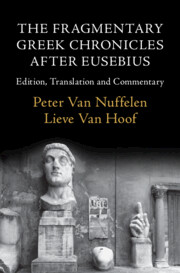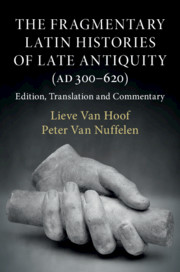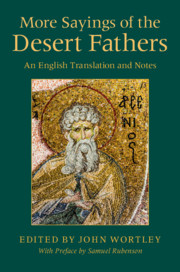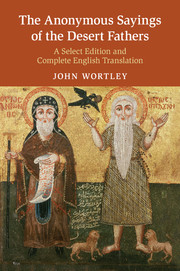The Fragmentary Greek Chronicles after Eusebius
This is the first systematic collection of the remains of the lost Greek chronicles from the period AD 350–650 and provides an edition and translation of and commentary on the fragments. Introducing neglected authors and proposing new interpretations, it reveals the diversity of the genre and revises traditional views about its development, nuancing in particular the role usually attributed to Eusebius of Caesarea. It shows how the writing of chronicles was deeply entangled in controversies about exegesis and liturgy, especially the dates of Christmas and Easter. Drawing from Latin, Armenian, Syriac and Arabic sources besides Greek ones, the book also studies how chronographic material travelled across linguistic and cultural boundaries. In this way, it sheds a profoundly new light on historiography in transition from Antiquity to the Middle Ages.
- The first systematic edition of the neglected corpus of fragmentary Greek chronicles from Late Antiquity
- Offers detailed analysis of the information transmitted by the fragments and the historical context of the works from which they stem
- Revises our view of the development of Greek chronicle writing in Late Antiquity
Product details
July 2025Hardback
9781108420280
588 pages
228 × 152 mm
Not yet published - available from July 2025
Table of Contents
- Introduction
- 100. Andreas, brother of Magnus, Chronography
- 101. Diodore of Tarsus, Chronicon
- 102. Heliconius, Chronological epitome
- 103. Metrodorus, Chronicle and Easter cycle
- 104. Panodorus, Chronography
- 105. Annianus of Alexandria, Chronography
- 106. Pseudo-Eusebius, son of Pamphilus, Chronicle
- 107. Clement of Antioch, Chronicle
- 108. Timothy of Apamea, Chronography
- 109. Theophilus, the chronicler of Alexandria, Chronography
- 110. Eustathius of Epiphania, Chronological epitome
- 111. Pseudo-Epiphanius of Salamis, Chronicle
- 112. Heron, Chronography
- 113. Isidore the Deacon, Chronography
- 114. Pyrrho, Chronicle
- Dubia
- 115. Itios, Chronicle?
- 116. Irenaeus, Chronicle?
- 117. John Chrysostom, Letter to Acacius of Melitene
- 118. Anonymous, Book of consuls
- 119. Pseudo-Jacob of Nisibis, Chronicon.








